Affiliate links on Android Authority may earn us a commission. Learn more.
Streaming censorship: If The Beatles can swear, why can't Harley Quinn?
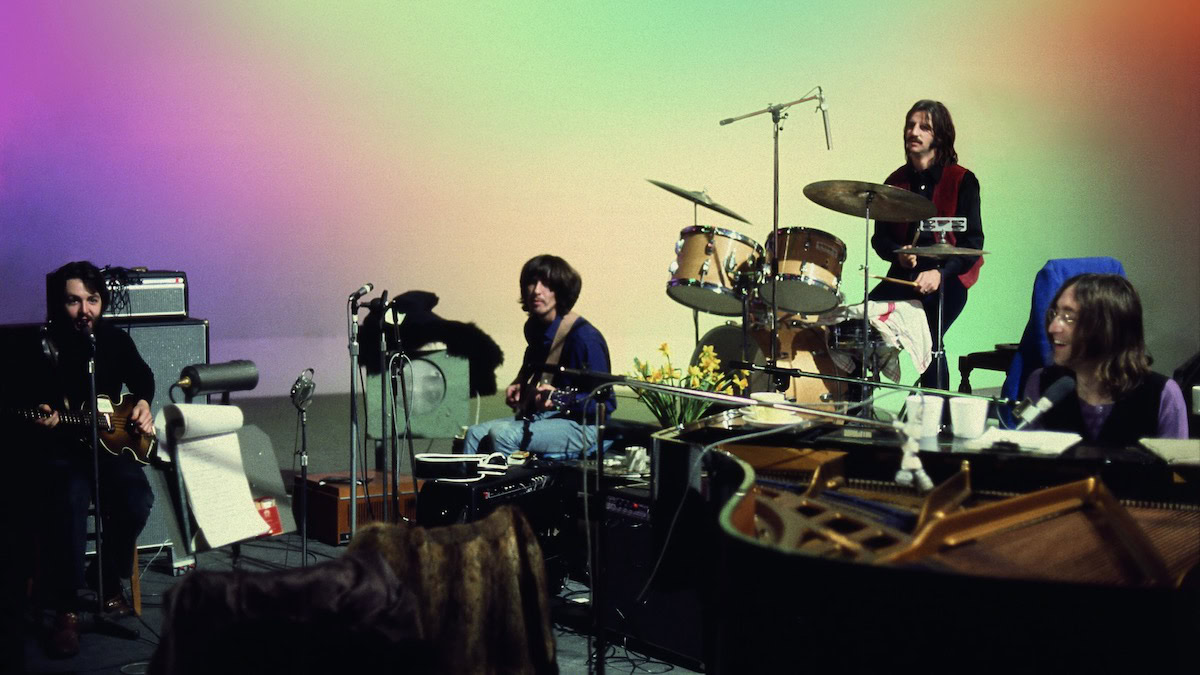
The Beatles: Get Back, a documentary series more than 50 years in the making, dropped on Disney Plus last month. With it came some discussion about streaming censorship, as viewers began to notice that the miniseries contained swearing beyond what’s usually allowed on the platform.
Entertainment companies censoring themselves is nothing new. There’s a long history of the American film industry setting limits on itself, largely to avoid the government stepping in to do it for them. The Hays Code was a self-imposed set of rules for what filmmakers could put onscreen roughly from the mid-1930s into the 60s, for instance. The industry eventually replaced it with the Motion Picture Association of America (MPAA), which to this day gives out ratings to films on a voluntary basis.
Streaming services still operate in a gray area though. They host films that have been rated by the MPAA, but they’re not entirely bound to the ratings board for their own productions. While an unrated film may face impossible hurdles getting into movie theatres and recouping its budget, Netflix can, if it so chooses, make an unrated film, market it widely, and make it available on its own platform.
So, where do we stand on streaming censorship? Can we parse what the rules are, official or not? And what can we learn from Disney’s choice to allow The Beatles: Get Back to stream unedited?
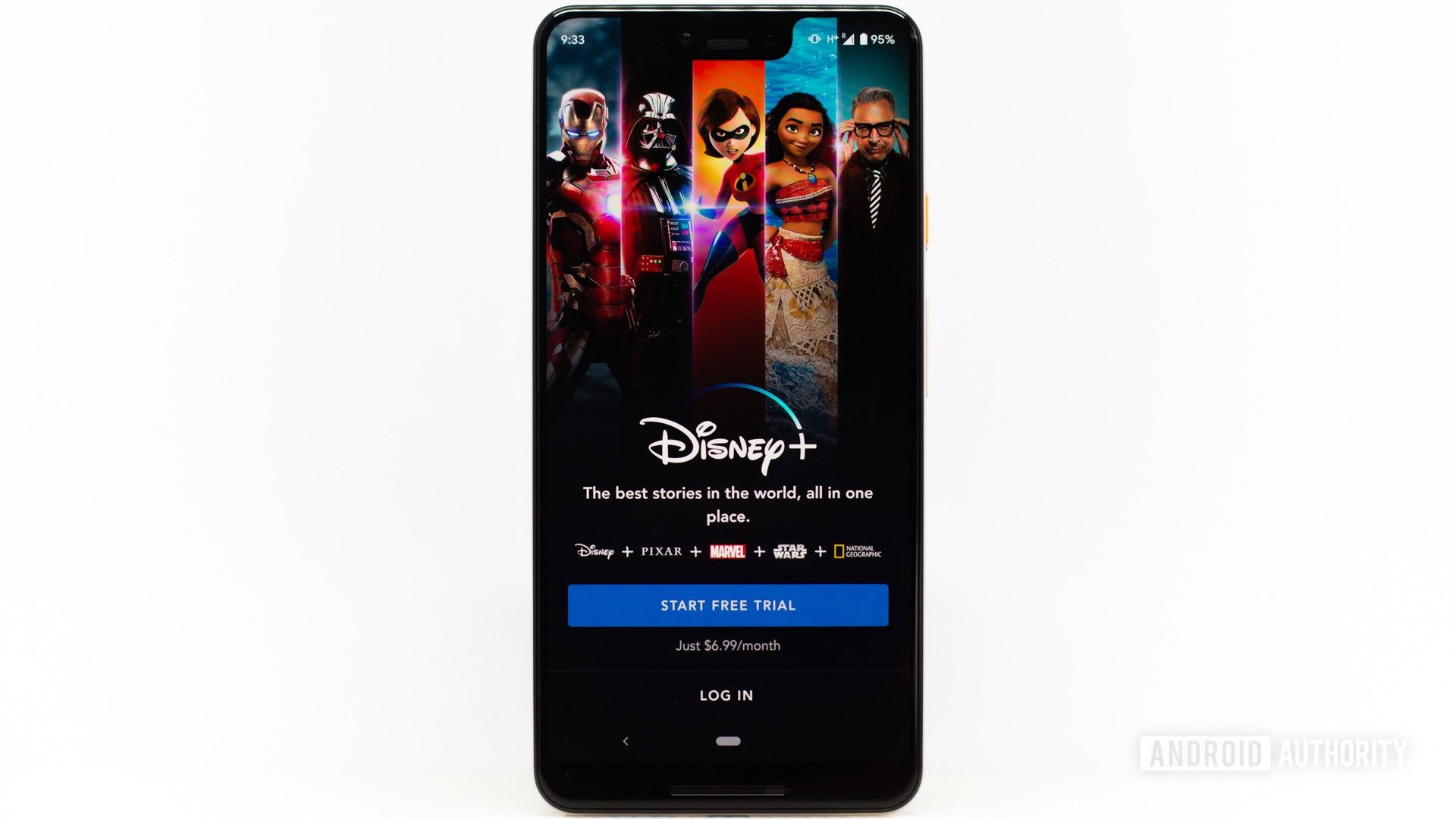
Peter Jackson narrowly avoids streaming censorship
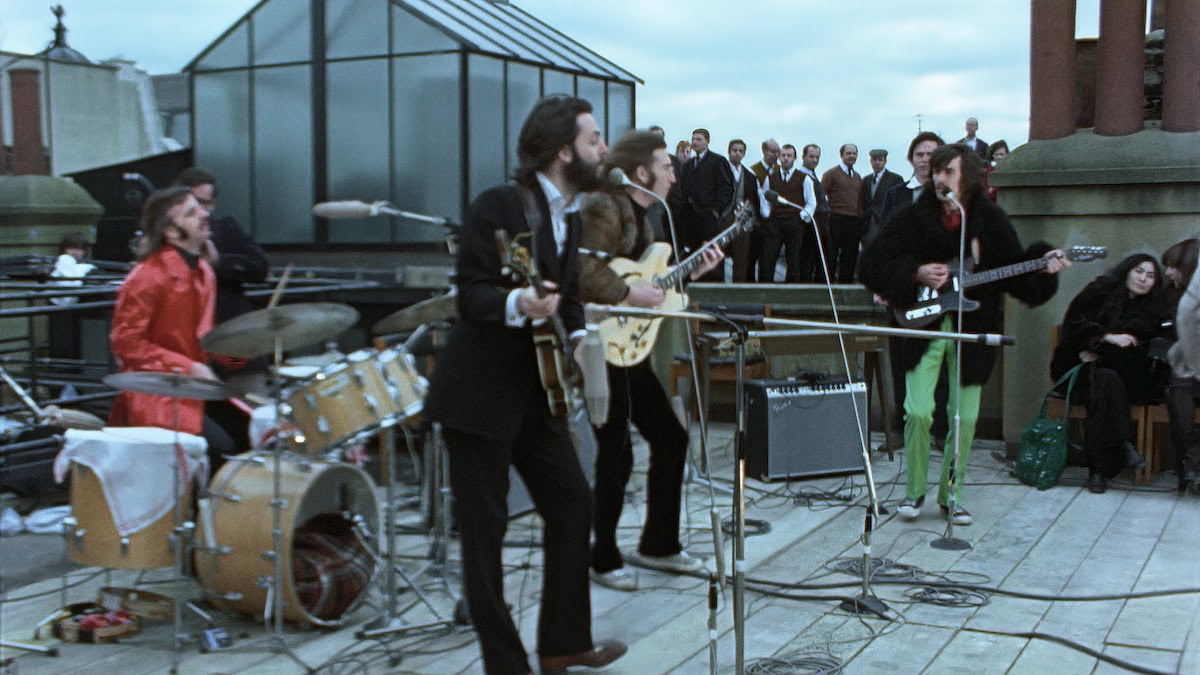
In addition to some salty language, The Beatles: Get Back also shows the four lads smoking cigarettes throughout. That flies in the face of Disney’s 2007 policy not to depict smoking in its productions. The House of Mouse also extended the ban to include Disney-owned companies such as Marvel, Pixar, and Lucasfilm in 2015.
Peter Jackson easily could have bleeped out or even cut around swearwords in Get Back, particularly the f-word. He was working with over 60 hours of footage, after all. His choice not to was probably for the best. He was the first person to get access to the mostly unseen footage in over 50 years. That means that the task came with the responsibility of sharing a story half a century in the making about one of the most important bands in history. What’s the harm of a few cuss words in that context?
Censoring a documentary with this much historical significance would have been a bad look for Disney.
Disney did try to impose such a restriction on him. In an interview with NME, Jackson revealed that it was Ringo Star and Paul McCartney, the surviving Beatles, who pushed back for his original, unedited version to be made available on Disney Plus. They sidestepped streaming censorship, but it took big names to do it.
Disney’s willingness to back down was still a win for viewers, and it hopefully means there’s some room for flexibility more broadly.
Disney’s habit of censoring major works

The Beatles: Get Back is certainly an exception. And a big, glaring one. Disney has been blocking swearing in its productions for years. There’s some wiggle room with what constitutes a swear word in the eyes of Disney, but the f-word has been a clear no-go.
Disney buckling on this one point still leaves reason to worry that the exception to standard streaming censorship for Get Back was a one-time thing.
When the Tony Award-winning Broadway musical Hamilton hit the streamer in 2020, there was much ado about its inclusion of a few choice f-bombs. PG-13 films can typically get away with one f-word and no more. Hamilton creator Lin-Manuel Miranda had the task of choosing which one stayed in.
Lin-Manuel Miranda, Taylor Swift, and Billie Eilish all had to remove f-words from their Disney Plus projects.
Responding to a fan on Twitter, Miranda explained that the MPAA has a hard rule against more than one utterance of the f-word. Any more and your film is automatically in R-rated territory. With the offending word appearing three times in the stage production, one was muted, one was replaced by a record scratch, and one remained intact in the Disney Plus version.
See also: The best original streaming movies
As many noted on social media, Disney was even stricter with Taylor Swift and Billie Eilish, who dropped every instance of the word in their respective music specials Folklore: The Long Pond Sessions and Happier Than Ever: A Love Letter to Los Angeles.
Why didn’t two globally famous young women who write about their own mistreatment in raw, sometimes explicit ways get a similar pass as Get Back? Why wouldn’t a celebrated reimaging of American history (with a cast mostly made up of people of color) qualify for The Beatles’ exemption? Sure, The Beatles have a legacy that spans over half a century, but if Disney can make one exception, why not more?
How are other streaming services handling censorship?
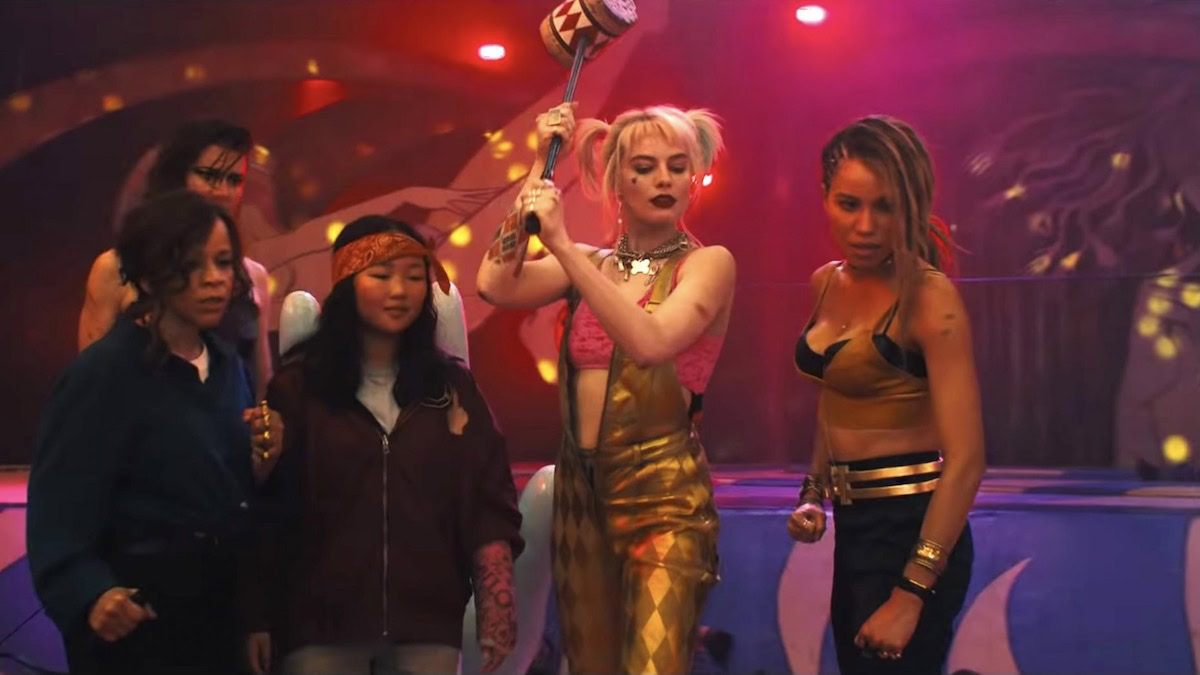
Last month, fans of the DC Extended Universe got a little scare when Birds of Prey appeared on HBO Max in a brutally edited form. Among other alterations, swear words were removed, while Harley Quinn’s middle fingers (aimed crudely at other characters, of course) were replaced by a peace sign.
Head of communications for WarnerMedia Johanna Fuentes soon tweeted that the original edit was available following the earlier mistake. It appears that Warner Bros. made the edit for TV. It was never intentionally destined for HBO Max at all.
Elsewhere, some have argued that the translations of Netflix’s massively popular Squid Game toned down some of the swearing from the original Korean, along with accusations of broader mistranslation.
30 Rock creator Tina Fey famously asked streamers to pull episodes of the show that depict blackface (the practice of white actors darkening their skin to look Black.) While the show generally used blackface to critique the racist practice, Fey understandably wished to reduce the potential harm caused by this kind of imagery. The streamers agreed.
There are extremely valid reasons for taking these kinds of steps, of course, though no standard best practices have emerged. Should studios makes various versions of a work of art available? Is it best to remove them from circulation altogether? Would a disclaimer at the start of the episodes do the trick? Shouldn’t we have a clearer sense of which approach will be used in different scenarios and why?
Can we get a clear set of streaming censorship guidelines?
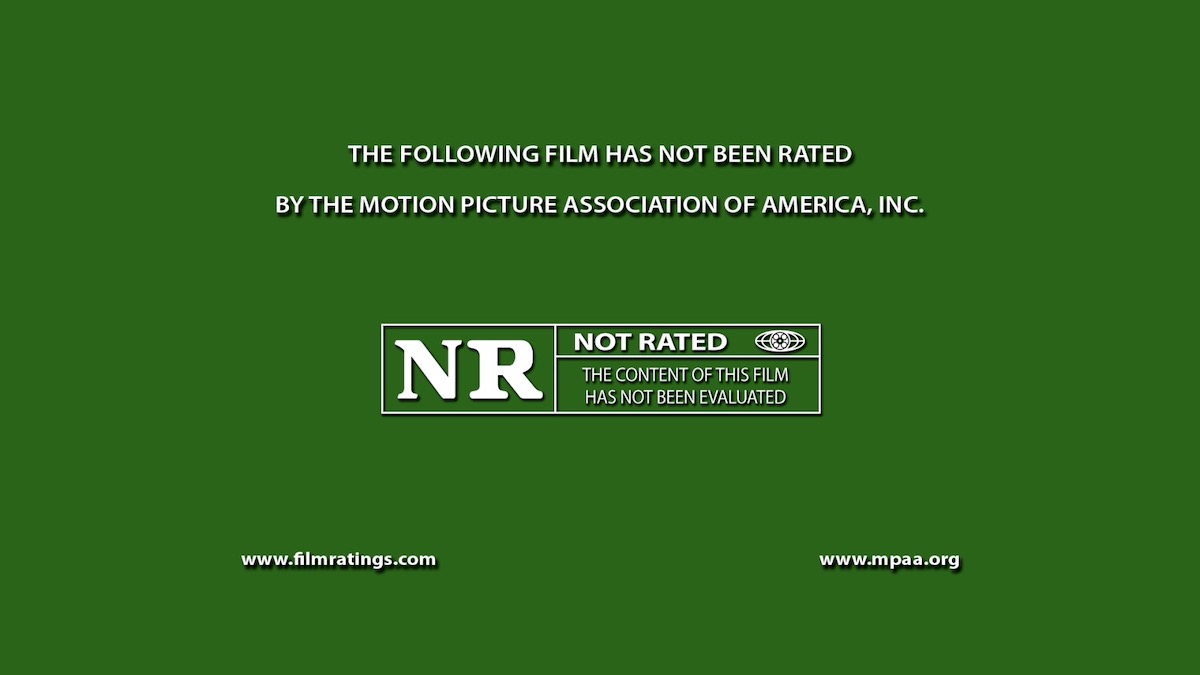
Streaming services have no real incentive to be straight with us. They can make and break their own rules at will if it’s in their own best interests. No one will fine Disney for allowing The Beatles to smoke onscreen. Nor will anyone have the power to shut Netflix down if it opts to cave to, say, “family values” groups who don’t want their kids exposed to certain kinds of imagery.
That’s not a major change to the status quo, really. The MPAA is notoriously untransparent — and inconsistent — with its rating process.
Streaming services have no real incentive to be straight with us on censorship.
What is different now, though, is that streaming services effectively function as archives. So many people have done away with physical media. I could, once upon a time, feel fine seeing a censored version of a movie on TV. I could also easily rent or buy a physical copy of the unaltered original. There were exceptions, no doubt, like Blockbuster Video refusing to carry anything above an R-rating. Broadly, though, you had options.
Nowadays, if you don’t have a DVD or Blu-Ray player, you just have to trust that when you hit play, you’re getting what’s advertised. Otherwise, you may get Harley Quinn inexplicably flashing a peace sign at one of her foes.
As it is now, a little more clarity, consistency, and transparency could go a long way. Short of that, I may hold onto my DVDs and Blu-Rays a little while longer.